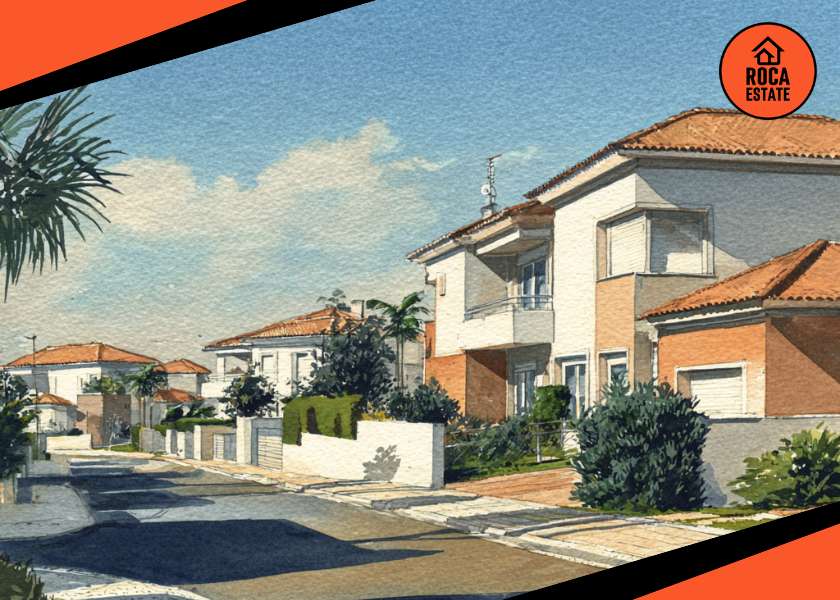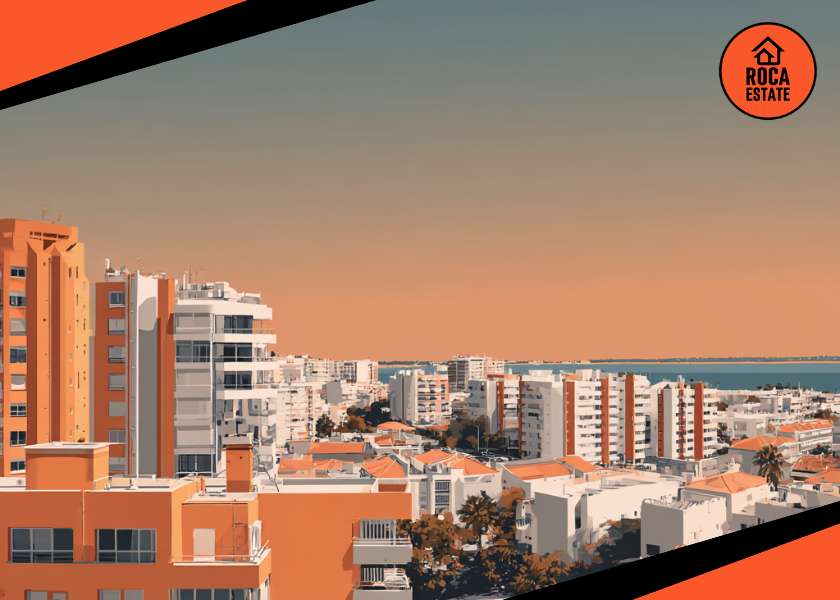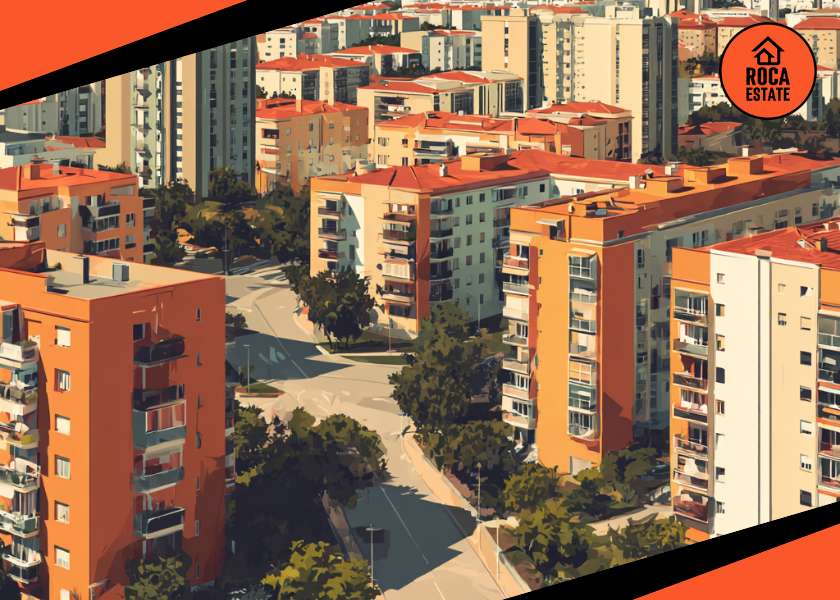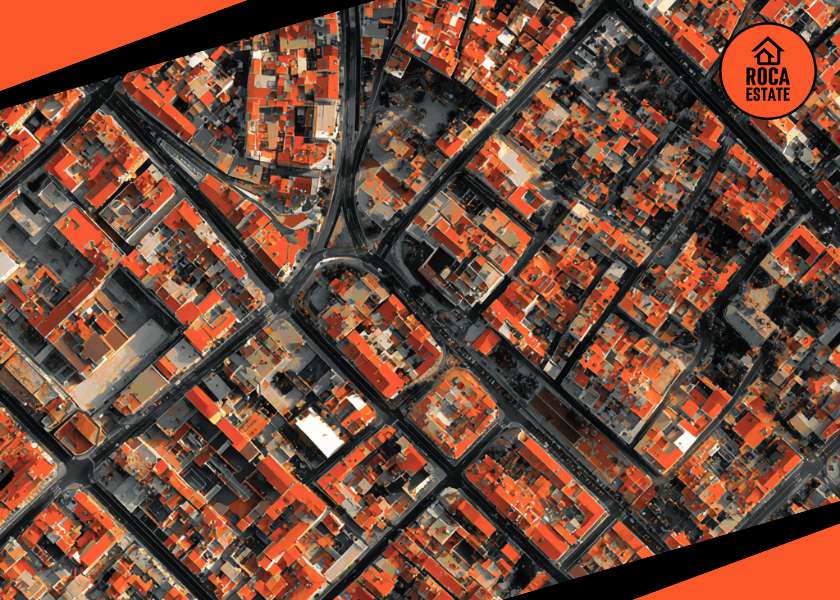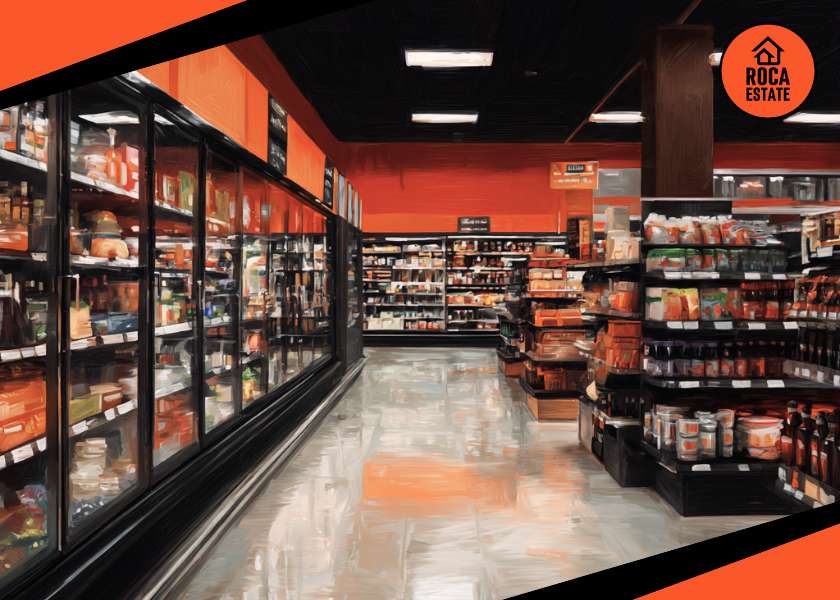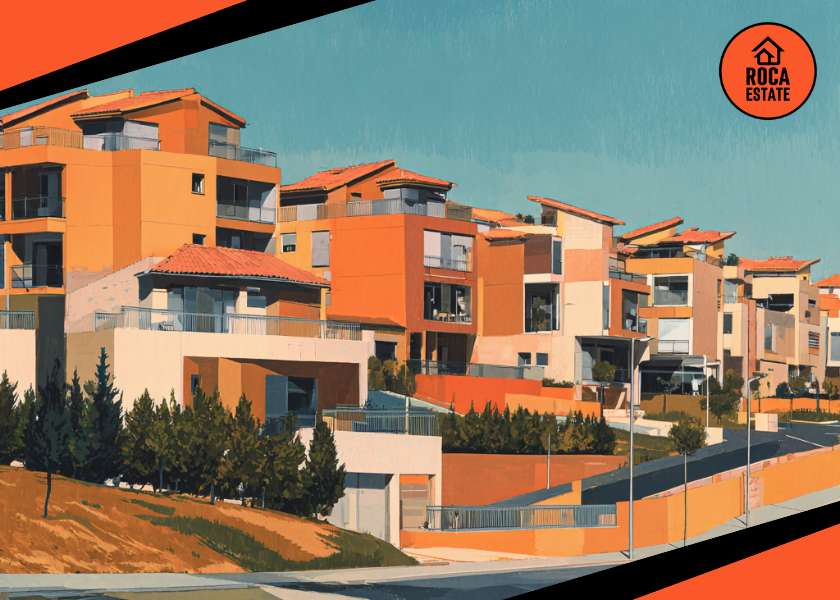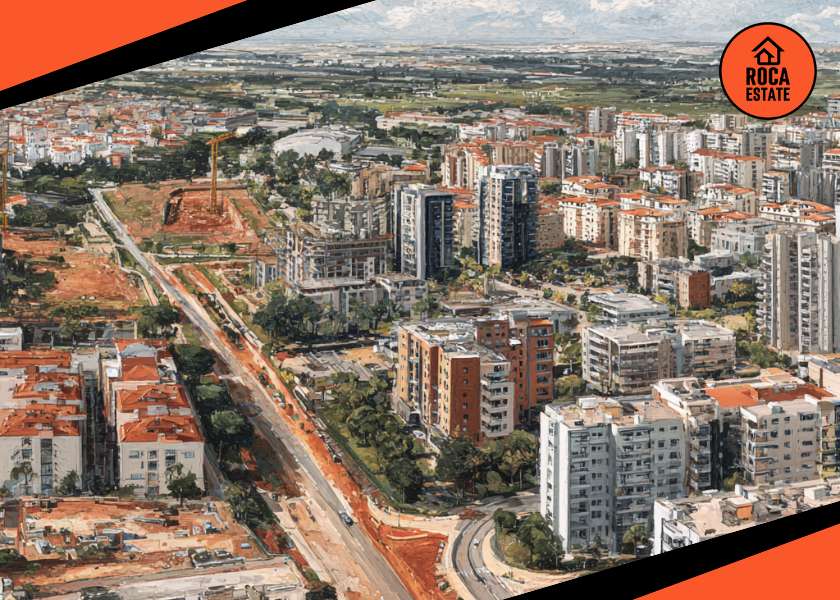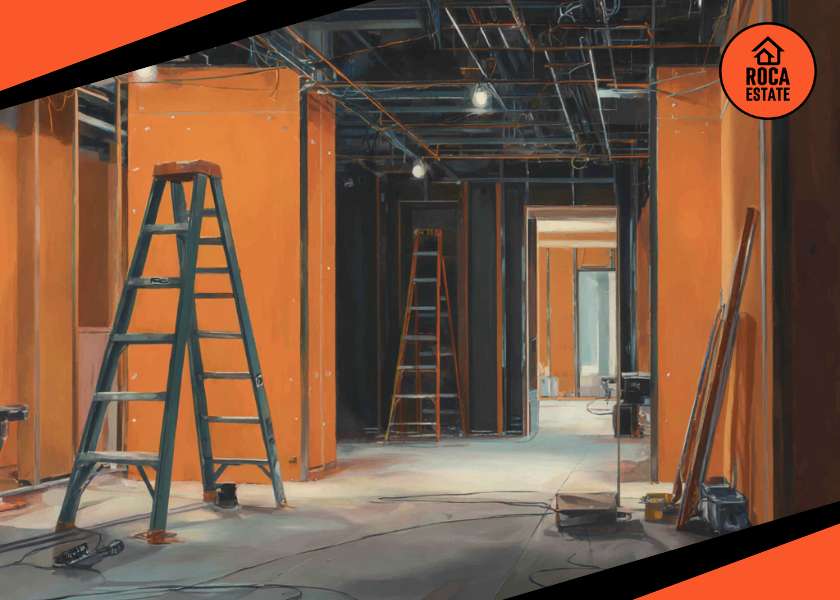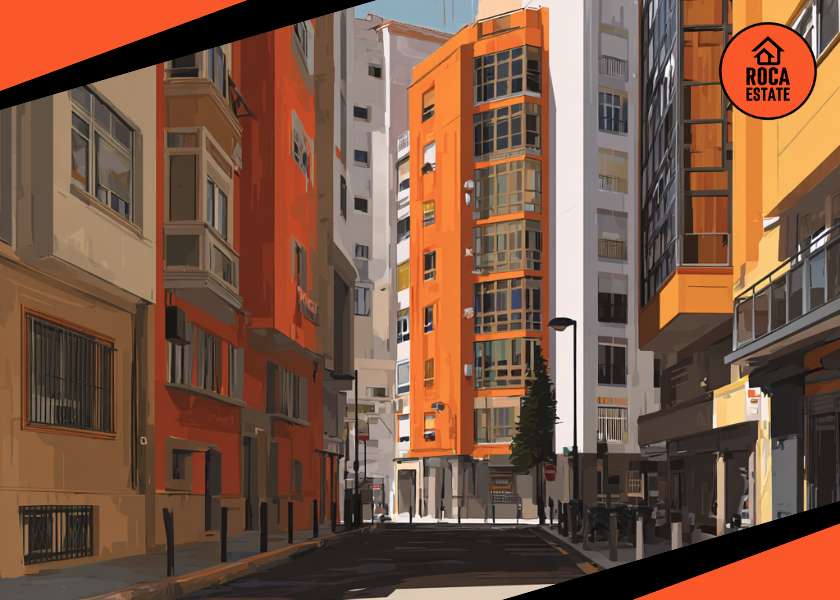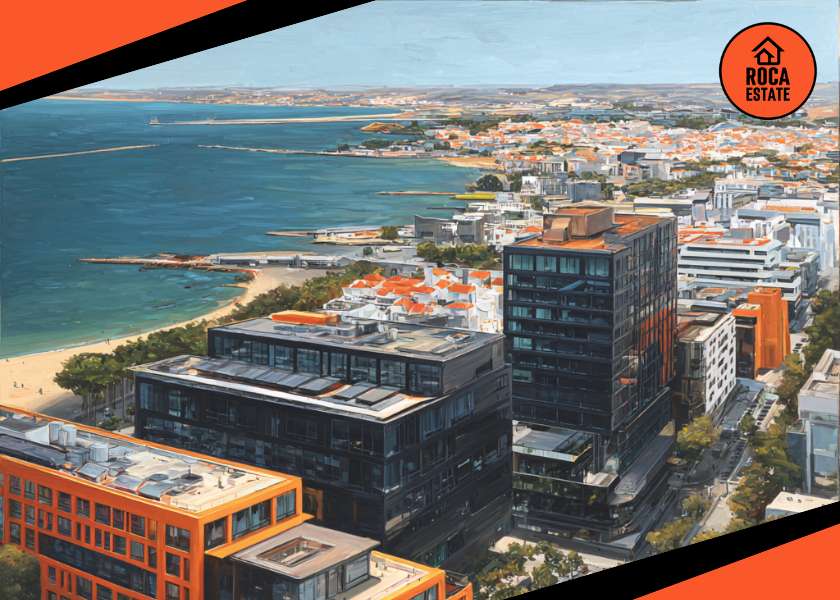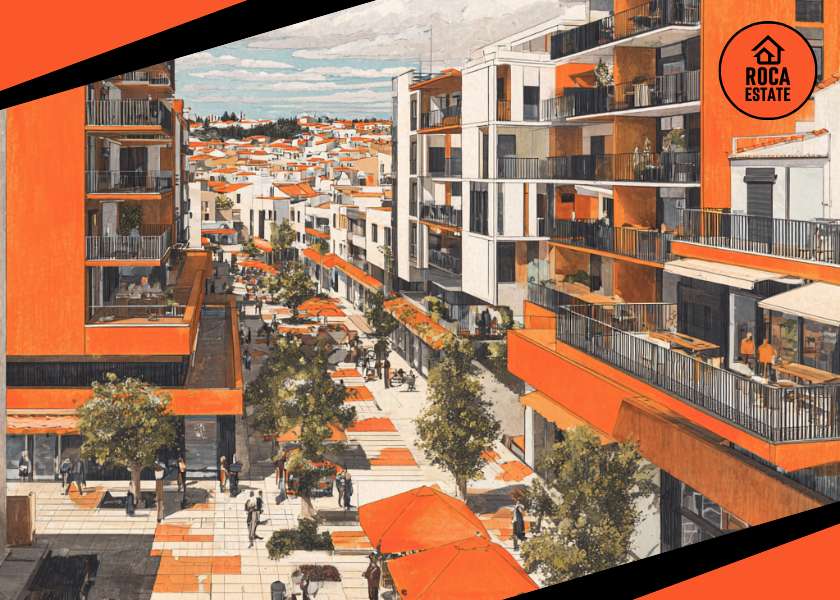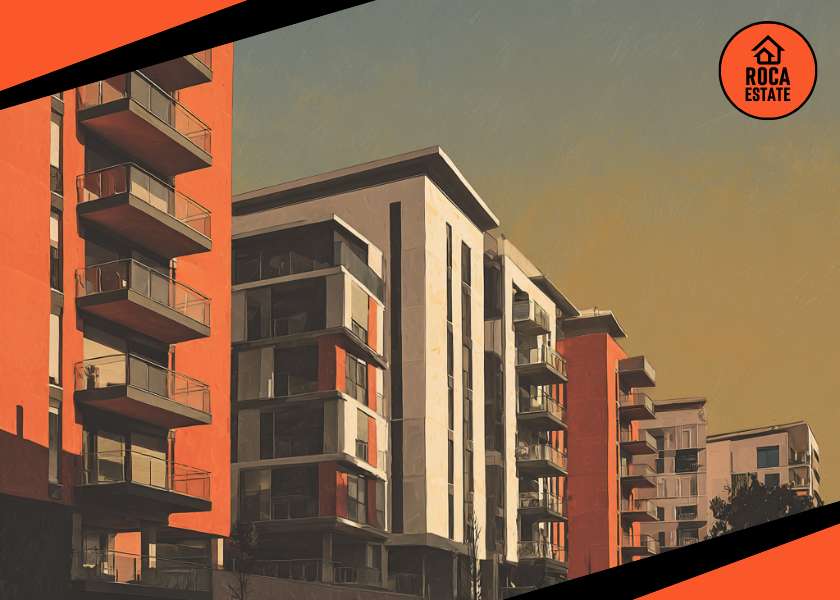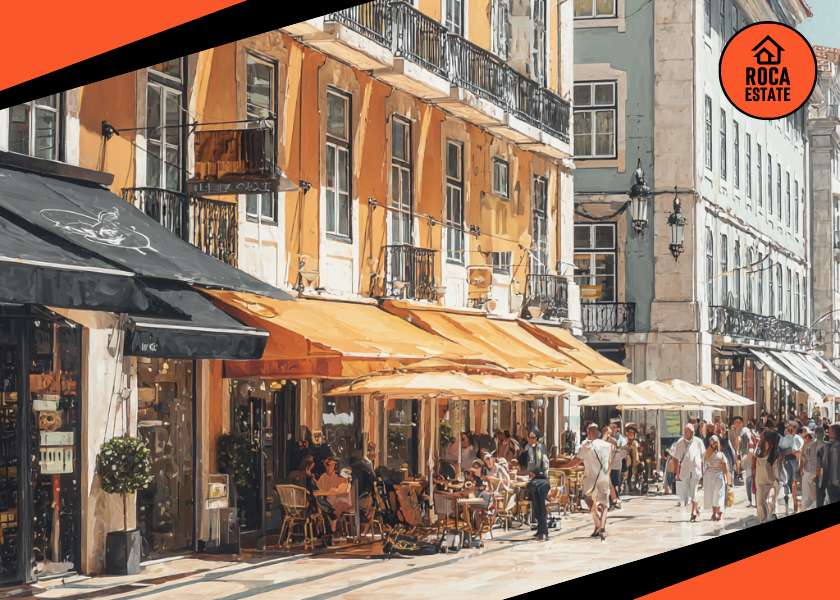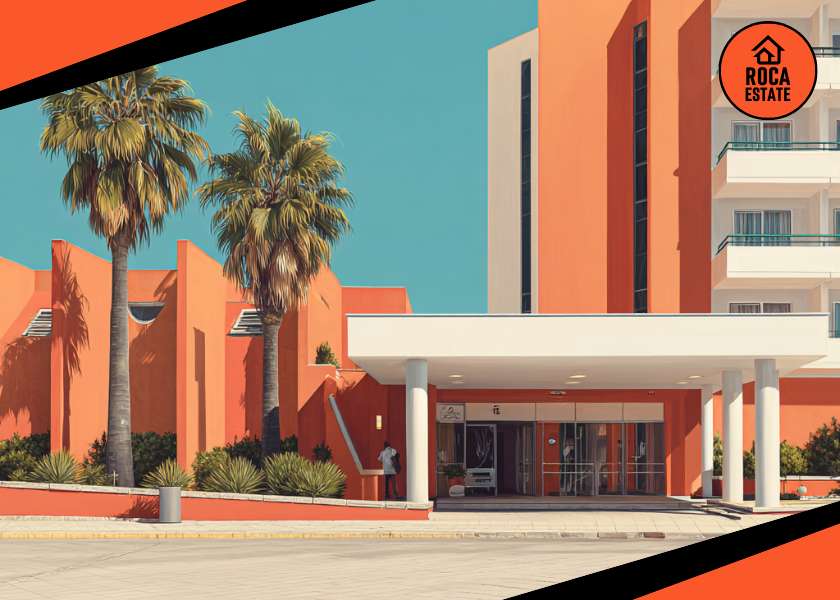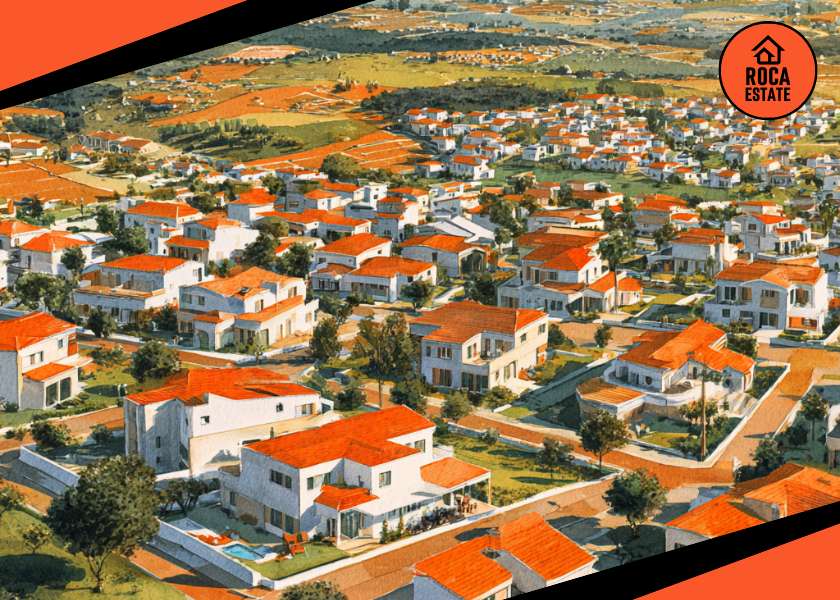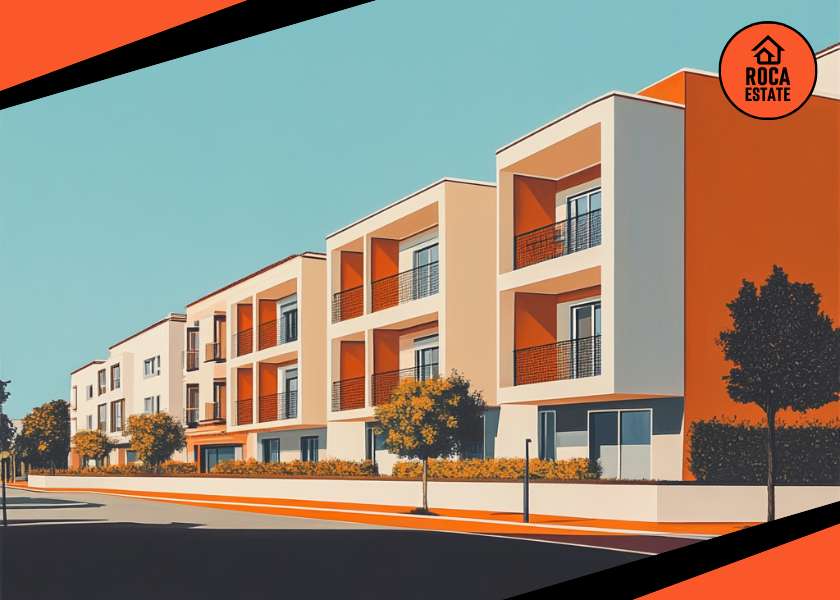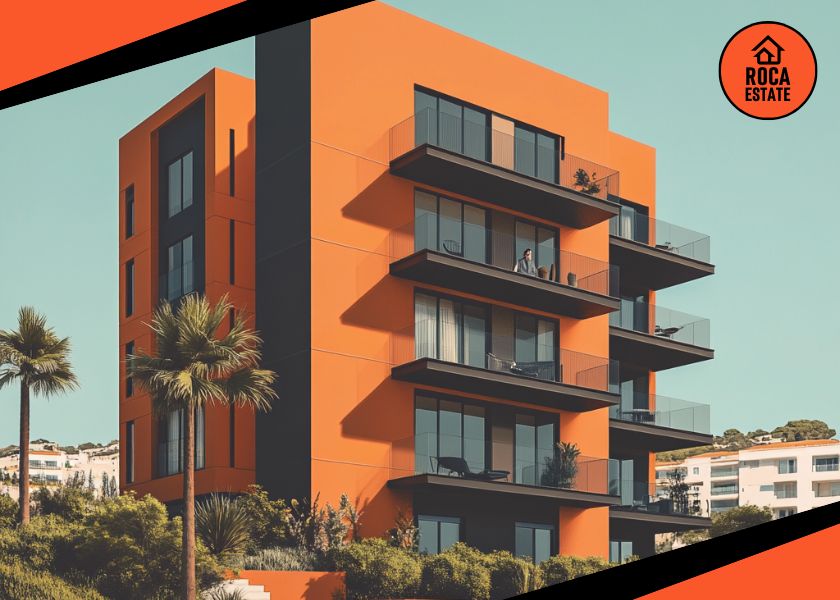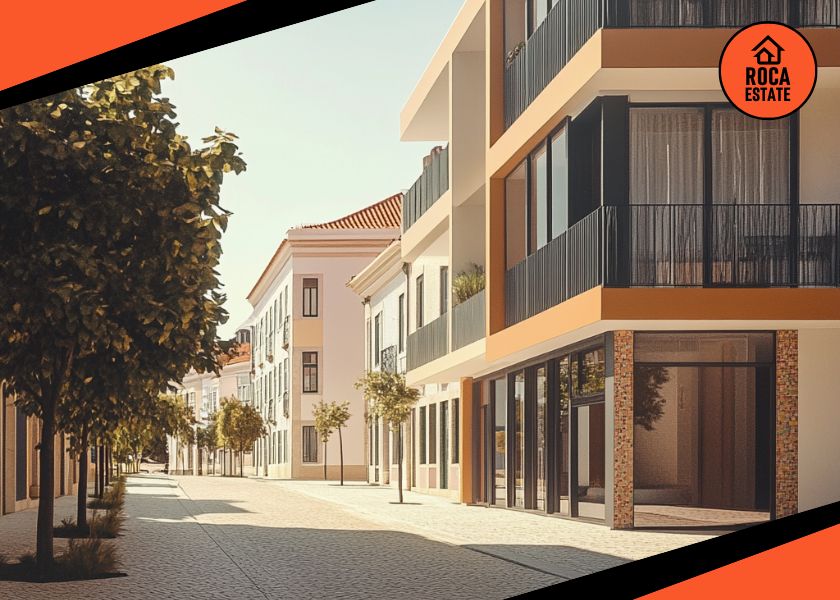The Portugal retail real estate market continued to show resilience in July 2025, with sales growth holding firm despite signs of strain in employment. According to the latest data from INE, retail trade volumes rose 6.2% year-on-year, driven by steady demand across both food and non-food categories. For investors, this stability underscores the sector’s ongoing importance within broader real estate investment strategies.
At the same time, the report revealed a decline in employment and slower wage growth, signaling potential headwinds for tenant expansion and operational capacity. These contrasting dynamics highlight the need for investors to balance confidence in consumer demand with caution around labor-driven risks as they evaluate opportunities in Portugal’s retail property landscape.
Key Findings from July 2025
- Retail sales growth accelerated: Retail trade volumes rose 6.2% year-on-year, up from 5.8% in June. Food sales eased slightly to 6.0%, while non-food categories strengthened to 6.3% — a sign of ongoing consumer willingness to spend on discretionary goods.
- Wholesale slowed sharply: Wholesale activity nearly stalled at 0.8%, down from 3.5% in June. The divergence underscores retail’s stronger momentum relative to upstream supply.
- Employment dipped: Sector employment contracted 1.3% year-on-year, reversing June’s slight increase.
- Wage growth moderated: Remuneration rose 4.6%, slowing from June’s 5.4%.
- Flat monthly growth: On a sequential basis, retail sales were almost unchanged (+0.1%), suggesting stability rather than acceleration.
Implications for Retail Real Estate Investors
- Demand Resilience Supports Assets: The growth in non-food categories strengthens the outlook for shopping centers and high-street retail, particularly in urban and tourist-driven areas. This underpins occupancy stability in the Portugal retail real estate market.
- Labor Market Risks: Falling employment raises questions about tenant expansion capacity. While wage growth remains positive, sustained contraction could limit store openings and soften leasing demand.
- Tenant Cost Management: The slowdown in wholesale may indicate tighter inventory management. Landlords should anticipate tenants focusing more on operational efficiency, which could influence rental negotiations.
- Growth Leveling Off: The flat month-to-month trend emphasizes stability over sharp expansion. Performance will increasingly hinge on tenant mix and location-specific demand rather than sector-wide momentum.
Looking Ahead
- Tourism Season Impact: Upcoming data for August and September will test how summer tourism boosts retail activity.
- Employment Trendline: Continued weakness in employment would signal more structural risks to tenant growth.
- Consumer Spending Mix: Shifts between food and discretionary spending will shape tenant resilience across different retail formats.
- Macro Factors: Interest rate paths and EU-wide consumer sentiment remain key external variables to monitor.
Strategic Takeaway
The Portugal retail real estate market remains a steady performer, with year-on-year growth — especially in non-food retail — highlighting resilient consumer demand. However, labor market softening introduces uncertainty. Investors should continue positioning toward resilient retail formats and prime locations while maintaining flexibility to navigate potential headwinds in employment and tenant cost structures.
The market outlook is stable but nuanced: strong enough to sustain investment confidence, yet fragile enough to require vigilant risk management in the months ahead.
For tailored insights and real estate investment opportunities in the Portugal retail real estate market, contact Roca Estate today.

